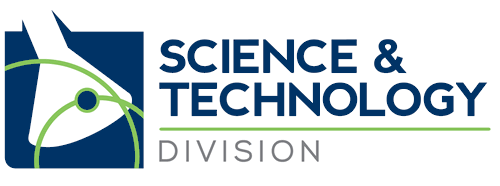By Karen M. Tkaczyk
Each year I define a strategic aim for my business. In 2011, I selected one tool that serves a twofold purpose: I joined the Society for Technical Communication (STC). The goals were to improve my writing and editing skills, and to broaden my professional network. Making the most of the society’s online resources is obvious, but attending training events and the annual meeting at the member rate was also part of my plan. I’ve had this on the back burner for a while, and brought it forward this year because the society’s annual meeting, called the ‘Summit’, was within driving distance of where I live. This made it easier and cheaper to attend than other years.
In exploring the STC, I learnt some things I expected to, and made a few discoveries. One of the first was that many translators have taken this path. When I reviewed content from previous STC events, I came across many translators I admire: Chris Durban, Nick Rosenthal, and Caitilin Walsh, for example.
The Summit took place in Sacramento from May 15-18, 2011. About 800 people attended. For comparison, since some readers will be familiar with ATA conferences, the set-up is similar to those in terms of a multi-track program, opening and closing events, an exhibit hall, and business and honors meetings. It is different from an ATA event in that it takes place in a conference center, using two adjacent hotels for some social events. It also costs more to attend: about double, depending how early you commit.
One audible difference struck me. I’ve spent time at translation and science conferences in recent years, and they were multicultural events attended by global communities. The STC event wasn’t. It’s obvious really, when you consider it, but English was all I heard spoken. Most of those present appeared to be monolingual English speakers.
My most surprising discovery was how much STC and the broader technical communication industry focuses on writing for translation. I was surprised because we read and hear of so much dreadful, inconsistent technical writing. However, techcom professionals, as they call themselves, are hammering home from all angles that effective technical writing reduces translation costs, and that you should use a professional to get the results you need. Does that sound familiar?
As well as using the craft of a skilled, trained wordsmith, many technical strategies exist to improve technical communications. The exhibit hall and a software tools track exposed me to much with which I wasn’t previously familiar. Controlled language is a hot topic, as is topic-based authoring.
Another feature of the exhibit hall was abundant translation companies. About ten, I think. I was a rare passer-by: a potential vendor rather than a potential client. I scheduled my visit to the hall so that it was quiet, and enjoyed some good, relationship-building conversations with potential clients and one current client. It was helpful to be the ‘odd one out’, asking different questions than most attendees.
One of the STC’s special interest groups (SIGs), which function like ATA divisions, is the International Technical Communication (ITC) group. Some of the ITC sessions were a great deal of fun as well as instructive: hearing the trials of the translation process from the buyers’ point of view always is full of insights. Being able to ask questions from the ‘other’ point of view meant I stood out and that many people had reason to follow up with me afterwards. I also enjoyed sessions on how to edit well: both theories of editing and practical tips. Sessions on how to shrink bloated documents appealed too. Similar to ATA, there were business-oriented sessions. A panel discussion on the pros and cons of taking a business beyond the individual contractor or consultant model was insightful and realistic.
Many technical writers are freelancers, but the proportion of writers and editors in full-time employment was much higher than at a translation conference. Sessions were as likely to be on managing teams and getting the best out of your staff as on running a freelance business.
I hope this short review whets your appetite for finding out more about the STC, or rules it out as being of use in your translation practice. If you would like to read more, see recorded sessions from the Summit, or investigate STC generally, see https://summit.stc.org/. I will try to finish the year strong and make the most out of the money and time invested in my goal. Then I have to decide what to do for next year!

